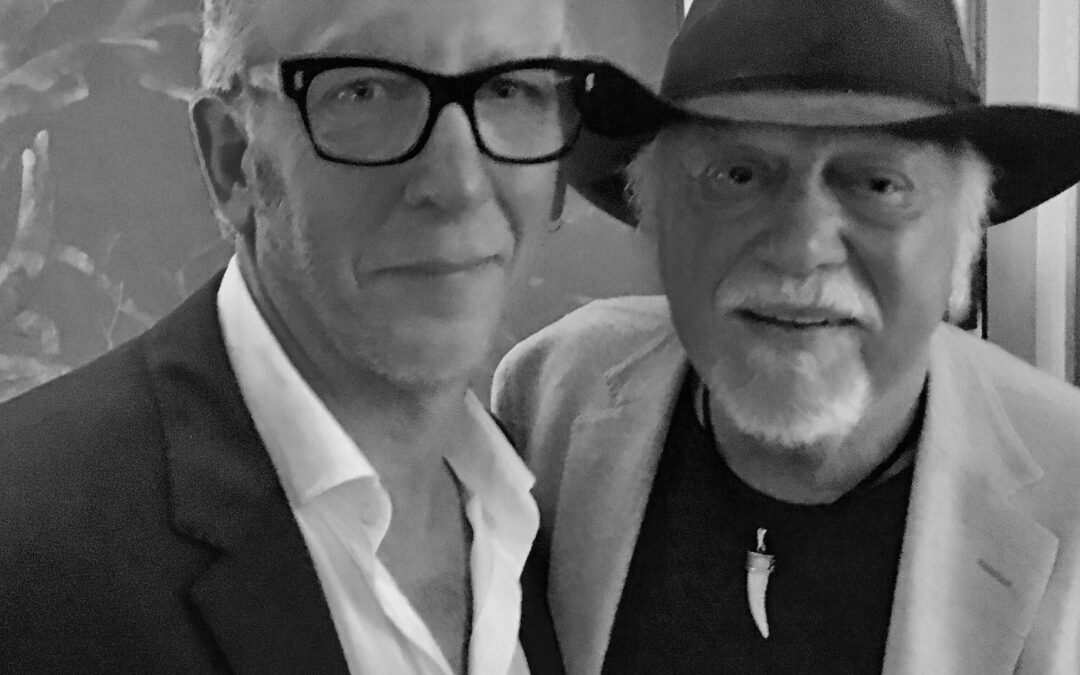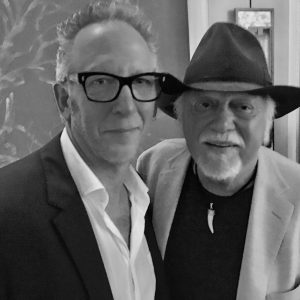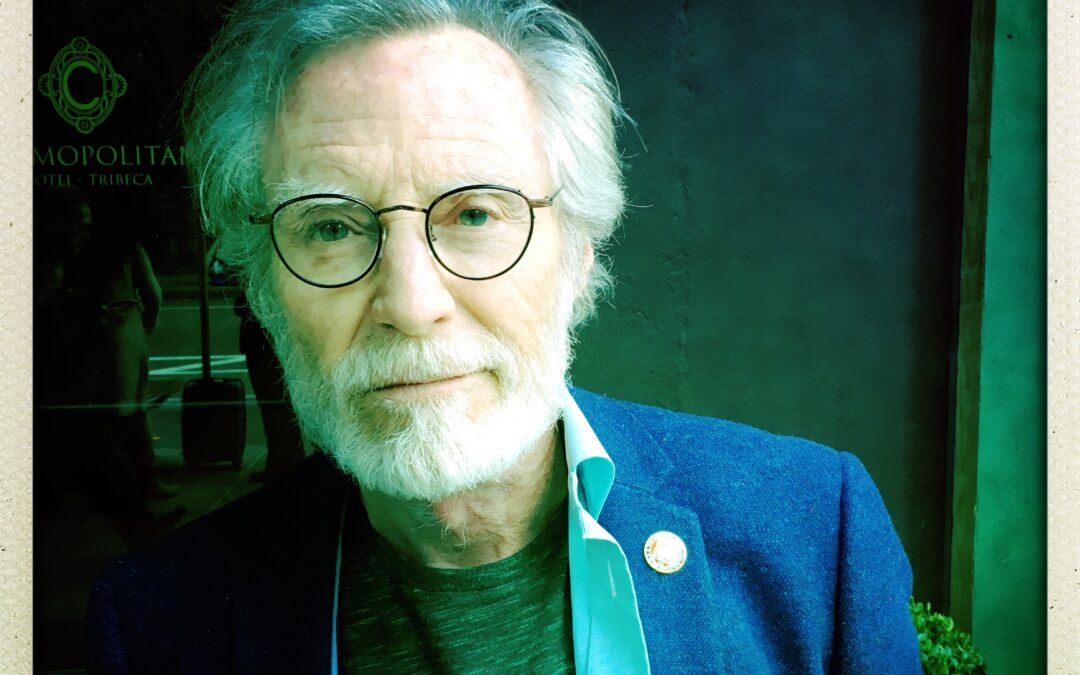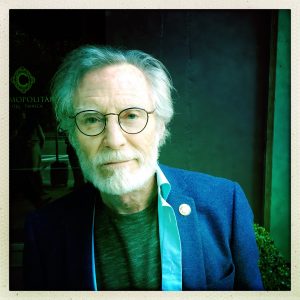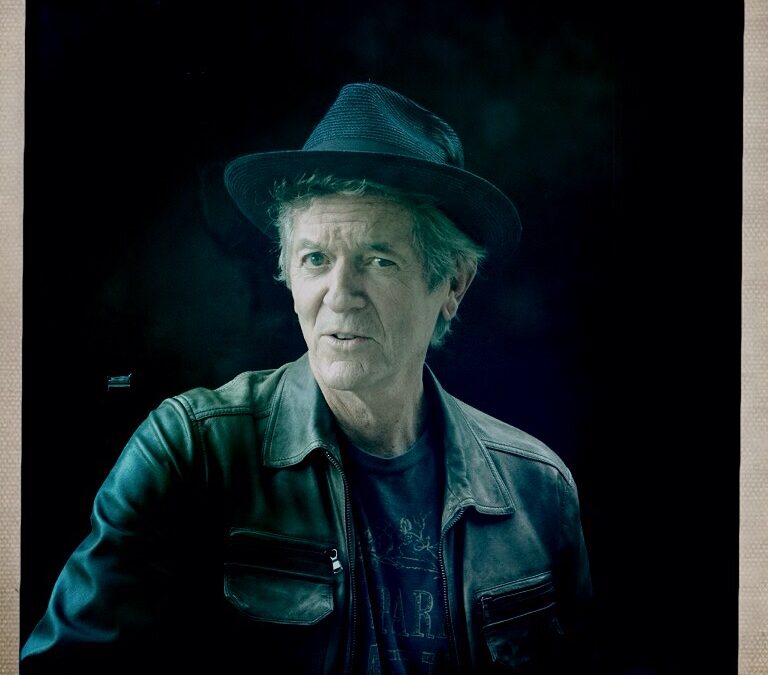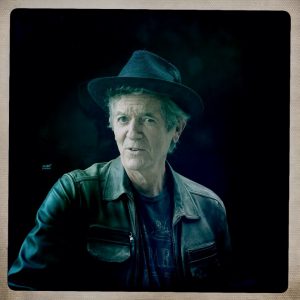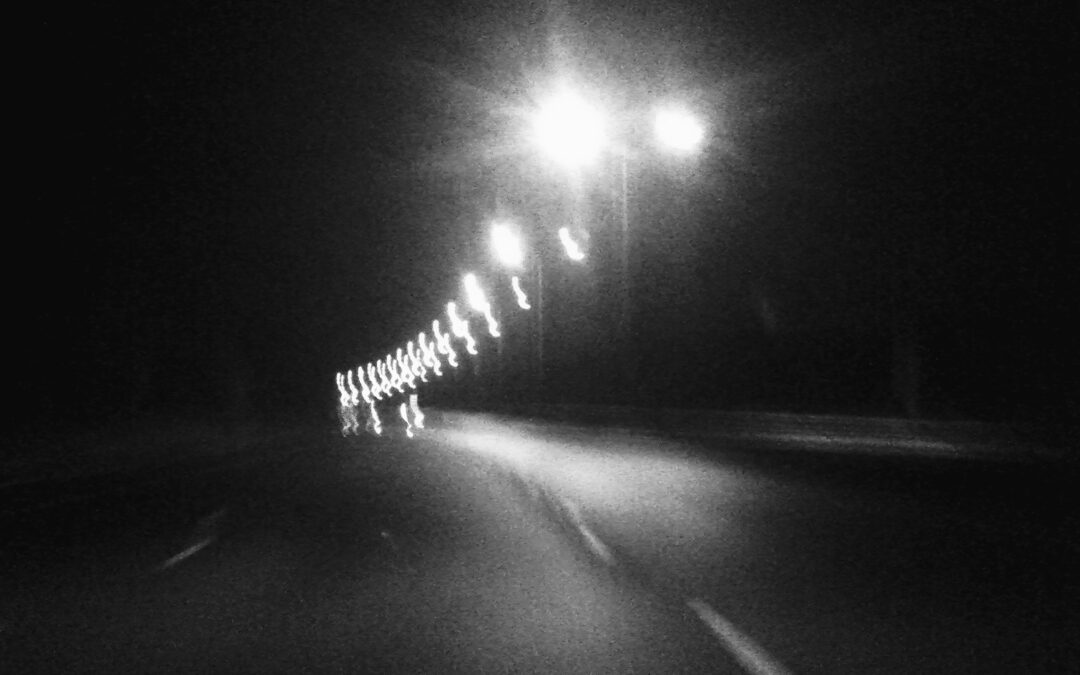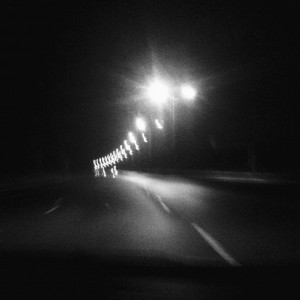My friend Nigel Grainge passed away this week.
He was a mentor, guide, confident, source of perpetual curiosity and frustration, role model for how to remain interested in the world. But above all, he was an enduring inspiration.
In the music business, Nigel did what they call “A&R” (Originally this meant “Artists and Repertoire). He found artists, signed them to a deal, and made records. But he was more than that. In my mind he was the ultimate Record Man.
Over the years, he was wildly successful at spotting talent and making great records. Some of the artists he’d worked with were people like Rod Stewart during the “Maggie May” years, Thin Lizzy, Steve Miller, 10cc, The Boomtown Rats, The Waterboys, Sinead O’Conner, World Party. He was willing to take risks, go the opposite direction from the mainstream. He spent a fortune making a record with Buffy Saint-Marie that few people heard. He didn’t care! For awhile, his label Ensign Records, was one of the most successful labels in the world. It was almost comical that he ran it out of two rooms on Monmouth Place off Westbourne Grove in London’s Notting Hill. It was just him, his partner Chris Hill, and their indomitable assistant and god-mother-to-wayward-artists, Doreen.
I met Nigel in 1988 in Austin. He’d picked up my album (“Darden Smith”, used, three days after it was released) in a record shop down the street from his office. He said he wanted to sign me away from that deal and get me on Ensign. As a teaser (or maybe a joke, I don’t know), he asked if I’d be interested in writing with one of his artists, Boo Hewerdine. I’d never heard Boo’s music, but quickly realized it meant a free trip to London. So of course I said yes.
It was a good call on my part.
Boo and I wrote two songs a day for a week in Martin Lascelles’ kitchen on Croxley Road in Queens Park, did some demos, Nigel took us to dinner and, bizarrely, offered us a record deal! We’d known each other for less than a week. Once the details were worked out (I was still signed to CBS), he booked two weeks at Arlyn Studios in Austin three months out, flew Boo in a week early so we could frantically write more songs, and we made a record with Martin producing. It was that simple. None of us, Martin, Boo or I, knew what we were doing. We just stumbled through it.
The album, “Evidence,” came out, got three and a half stars in Rolling Stone, and promptly disappeared. But for Nigel it was all about the record. His real talent was putting people together in a studio to see what would happen. He was great at it. Our project was a bit of a folly, but it was also genius. He knew, somehow, that Boo and I should work together, that we could do something new.
In the coming years, after the record, Nigel and I became friends. I continued to return to London to write, record, mix albums, tour. Nigel showed me the city, took me to countless dinners, Arsenal games, films, concerts, parks on Sundays, explain the intricacies of Cockney slang, introduce me onto the Goon Show, secret Indian restaurants. I would stay at his house, and on weekends we would walk down to Portobello Road, shopping for records. Later we would take them back to his place to listen. His stereo was outrageous. The entire top floor of his house was full of music — 78’s, 45’s, albums, cds, artifacts and memorabilia. He had the most extensive collection of singles I’ve ever seen. I seem to remember him having every top ten song on all the charts dating back into the early 50’s, from both sides of the Atlantic. He could talk Philly Soul, New Orleans, Reggae, Dub, Country, Dancehall, Memphis, Muscle Shoals, Swing, and he had the records to back it up.
Nigel embodied music. I think he was one of those people who heard sound differently than most of us. I still remember him up in that room one afternoon, listening, eyes closed, swaying slightly, as he played for me a perfect clean 45 of “God Only Knows.” He went to a different place when a song moved him. He didn’t know, or didn’t care, about the how records were made, not the technical parts. He just knew if he liked it, if it was exciting, something unique, real.
Even into his late 60’s he was one of the most plugged-in musical people I knew. He bought music almost every day. When we would get together I would ask him what he’d been listening to lately. I was always amazed at how his list would align with my teenaged daughter’s! Though he struggled to find a place in the modern music business, few could touch his depth of knowledge, passion, and, as always, his collection, which he’d been working to digitize. He was working on a, TunesMap, a digital platform that would put music into a larger cultural framework. I saw this work as a way for us all to see what was inside Nigel’s brain.
Rarely did I play him music that I liked, for fear that he would turn the volume down, and with that North London accent just say, “Shit.”
But he always wanted to know about my life, my kids,. We talked family, his daughters Heidi and Roxie, relationships, his health. He loved SongwritingWith:Soldiers, and saw immediately how it was pure music, without the hassle of the music business.
In many ways, he was still my A&R man. I would call him before making every record to talk sounds, players, concepts. With him, your work was either “brilliant” or “rubbish.” He was black and white, and painfully honest. When I was young his criticism was hard to take. But he did me a favor, showing me that everything I did wasn’t great, that I could be better.
Boo and I were talking this week and we both admitted that after 30 years, we still make records for Nigel, hoping he will approve of what we’re up to.
That won’t stop. Some perspectives just don’t go away overnight.
I last spoke with Nigel about a month ago, before and then shortly after a surgery for an old ailment that had resurfaced. He was back in the hospital. I told him I loved him, and I meant it. Just last week I sent him a photo of Boo and I from our recent songwriting workshop in Somerset. In many ways, the collaboration is better than ever, some thirty years later! The text was read two days before he died.
On Monday, the day I heard the news, I was driving to through the Cotswolds to do a show in Birmingham (the one England). I pulled over at a beautiful old church and went inside to send my friend off with a song. I played some piano, sang “Loving Arms”. Later, sitting there in the pew, wiping my eyes, I looked up, and where the beams came together above the altar, saw a Star of David carved into the wood. In all the churches I’ve been in, I’ve never seen that. Why now? Why did I pick this church?
In the end it doesn’t matter.
I think it was Nigel, following me around, telling me to keep going, to keep moving, stay curious, to always look up.
![]() Love will win the war”
Love will win the war”


